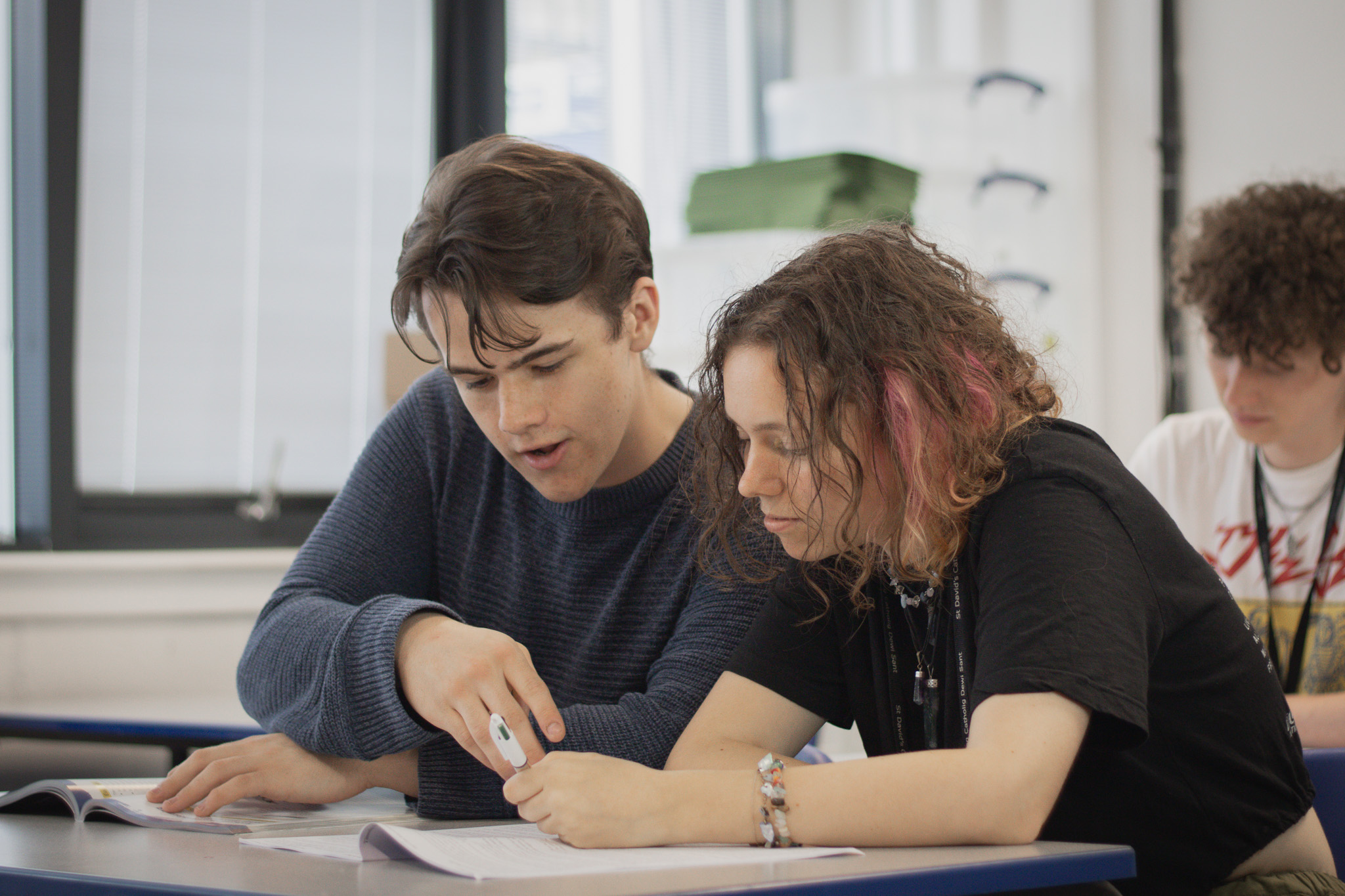

Set yourself an examination goal – what result do you want? (If you are hoping for a “B”, aim for an “A” and if things don’t work out, hopefully you’ll still get your “B”. If things work out, wonderful!)
– START EARLY – you should have already begun.
– Always plan your revision. Create a revision plan that shows what you must revise in the time remaining – remember ‘Planning prevents poor performance.’
– Attend all revision sessions held by staff as well as seeing staff over any queries
– Make sure you have all your revision material and your files are neat and tidy. Use revision materials provided by staff!
– Try different active revision techniques – summarise your notes; produce mind maps; scatter diagrams; test, test and retest yourself – in-depth knowledge is vital (reading over notes is very passive and ineffective for most)
– Build up a bank of key definitions and revise them (use flashcards, post-its, etc.).
– Focus on exam skills / technique as well as content
– Practise exam questions on topics from different angles – practise makes perfect.
– Practise under exam time conditions
– A useful technique for making revision notes is shown in the clip below: https://twitter.com/i/status/1232263649936465920
– An important guide on how to make your revision as effective as possible: https://www.youtube.com/watch?v=8VA0JPzD9dQ
– This is a vital time for you and you all need to be ambitious.